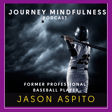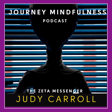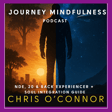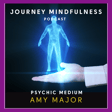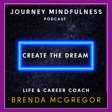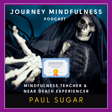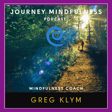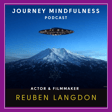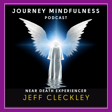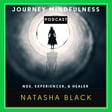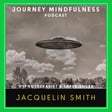
James O’Neill on Healing Stress, Perfectionism & Reclaiming Your True Self Through Mindfulness
On this episode of the Journey Mindfulness Podcast the tables are turned as James is interviewed by Jan Carey, LCSW-C, CST, a previous guest and Certified Sex Therapist.
James talks about his experience learning about meditation from Dr. Drew Leder, MD, PhD. at Loyola College in Maryland and first hearing that "reincarnation is a fact!" and then moving on to learning various modalities such as Mindfulness Based Stress Reduction (MBSR), Vipassana Meditation, Mindful Performance Enhancement, Awareness, & Knowledge (mPEAK), Hypnosis, Quantum Healing (QHHT), & Past Life Regression. There is a lot to unpack on James' Journey and Jan does a terrific job maximizing the space.
James also shares about his time working in stressful situations in the US Peace Corps in Bangladesh, teaching children with severe and profound special needs (Autism), and then later counseling at-risk youth at a Community Mental Health Clinic where he experienced secondary trauma aka compassion fatigue that took a toll on his body, mind, and relationships, and how the modalities he is learning to heal from are those he now shares with his wonderful clients & students.
***
To learn more about James and Journey Mindfulness:
https://journeymindfulness.com/
***
Free Warrior Spirit Guided Meditation:
https://www.journeymindfulness.com/warrior_spirit_meditation
***
Mindfulness Based Stress Reduction 8 Week Online Course
(Self-Guided):
https://www.journeymindfulness.com/MBSR
***
Guided Self-Hypnosis to Conquer Fear & Doubt (digital download)
https://www.journeymindfulness.com/hypnosis
***
Socials:
YouTube: https://www.youtube.com/@Journey_Mindfulness
Instagram: https://www.instagram.com/mindfulbmore/
Twitter (X): https://x.com/MindfulBmore
Facebook: https://www.facebook.com/MindfulBmore/
Have an interesting story? Contact me and you can be a guest on the show.
DISCLAIMER: This show is for entertainment purposes only, not intended to replace medical advice. Please seek licensed medical professionals for help.

